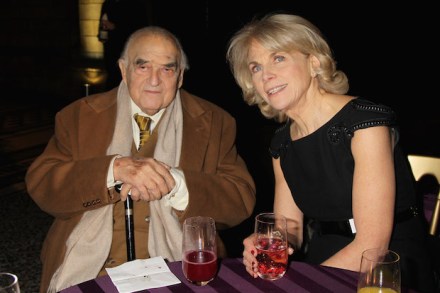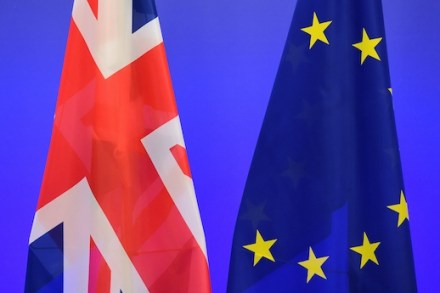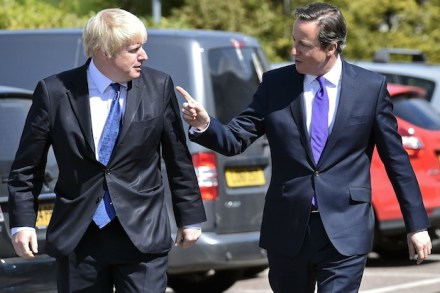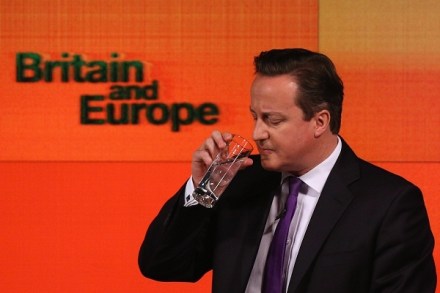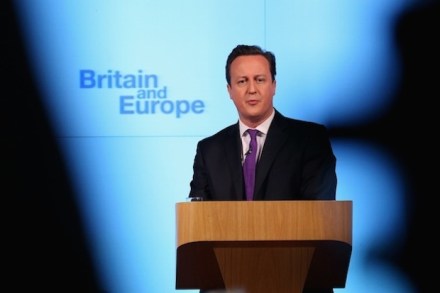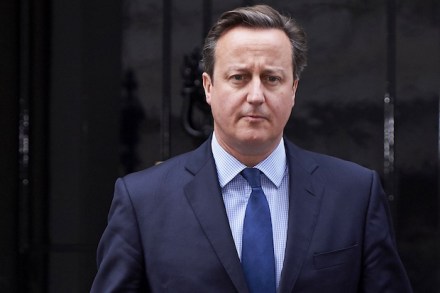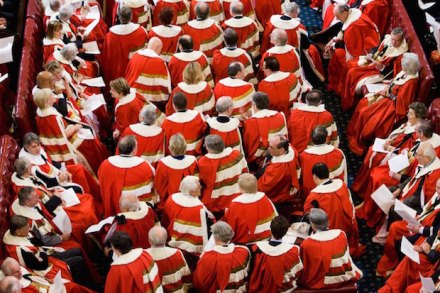Is Cameron really happy to let his EU renegotiation timetable slip?
What does David Cameron mean when he says, as he did today, that he’s happy to wait a bit longer for a deal in his renegotiation of Britain’s relationship with the European Union? The Prime Minister told the Davos summit today that ‘if there isn’t the right deal, I’m not in a hurry’ and that ‘it’s much more important to get this right than to rush it’. The expectation in Westminster has been that Cameron would get a deal at the European Council summit in February, but the Prime Minister has been dropping hints that he is prepared to let the timetable slip at the same time that his colleagues


